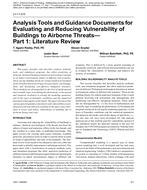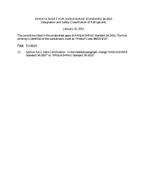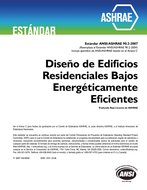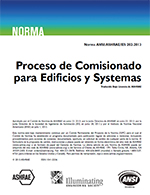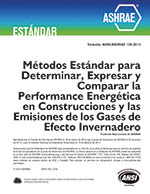Description
This paper classifies and describes analysis methods, tools, and simulation programs that allow prediction of airborne chemical/biological dispersal and transport dynamics in indoor environments subject to different risk scenarios. These are the building blocks for related analytical treatment of the overall problem involving risk assessment, risk management, and identifying cost-effective mitigation measures. These methods are distinguished by the level of mathematical and scientific rigor in modeling the phenomena, in the spatial and temporal resolution in solving the modeling equations, and in the types of boundary conditions and the numerical parameters that appear in the model. The paper also describes various general guidance documents and vulnerability assessment protocols and software available in the open-source literature to assess and reduce vulnerability in buildings due to airborne threats and risks.
Citation: ASHRAE Transactions, Volume 117, Part 1, Las Vegas, NV
Product Details
- Published:
- 2011
- Number of Pages:
- 9
- File Size:
- 1 file , 320 KB
- Product Code(s):
- D-LV-11-015
